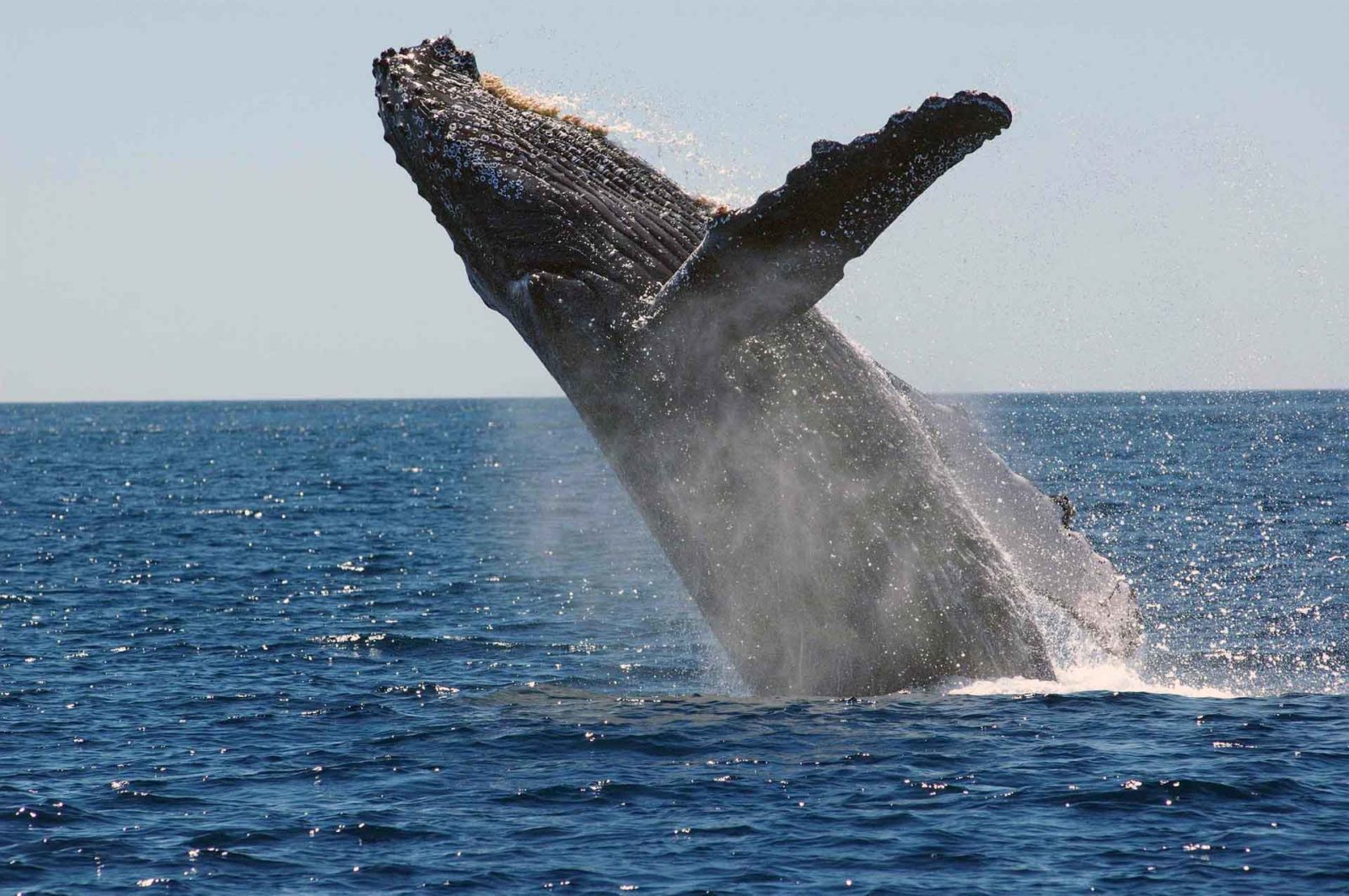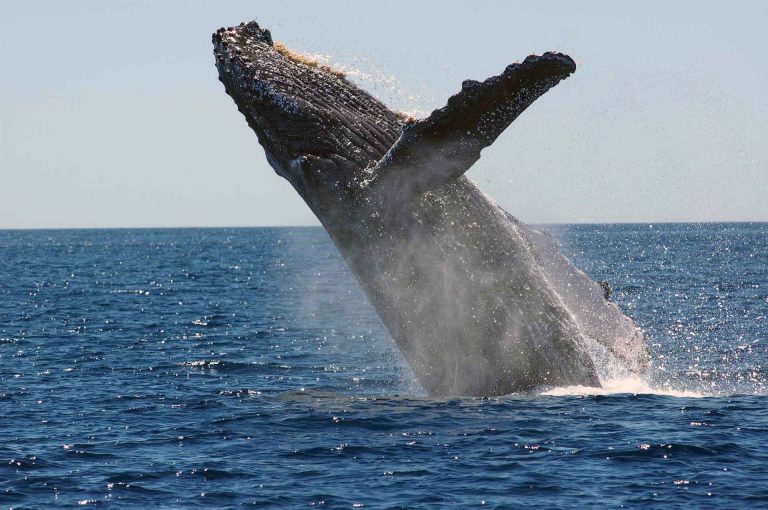DIVING NEWS
Marine life restorable by 2050

Reason to be cheerful – a humpback whale. (Picture: 272447 Pixabay)
A rare moment of positivity for the future of the world’s oceans has emerged from a new international study. Leading marine scientists have laid out a plan of action required for marine life to be restored to full abundance by 2050 – and insist that it is not too late to achieve it.
The research was led by Professors Carlos Duarte and Susana Agusti from the Red Sea Research Centre at KAUST (King Abdullah University of Science & Technology). In the UK the University of York participated in the study, which involved scientists at 16 universities across four continents.
The participants took heart from what they describe as evidence of the resilience of marine life and the slowing-down in the 21st century of the sharp population losses suffered during the previous century.
For some species such as humpback whales, they point out, recovery from those losses has been taking place. There were only a few hundred humpbacks left in the 1970s – now there are tens of thousands.
“We are at a point where we can choose between a legacy of a resilient and vibrant ocean or an irreversibly disrupted ocean,” says Duarte. “Our study documents recovery of marine populations, habitats and ecosystems following past conservation interventions. It provides specific, evidence-based recommendations to scale proven solutions globally.”
The scientists believe that recovery rates for most marine-ecosystem components could be accelerated to achieve substantial recovery within a single human generation – assuming a concerted effort to tackle climate change, and sufficiently large-scale interventions.
They have identified nine key marine-life components for their recovery scheme: salt marshes, mangroves, seagrasses, coral reefs, kelp, oyster reefs, fisheries, megafauna and the deep sea.
Their plan involves deploying combinations of six “recovery wedges” or interventions: protecting both species and spaces, intelligent harvesting, habitat restoration, pollution reduction and climate-change mitigation.
While recognising that the plan requires unprecedented international co-operation and spending, “rebuilding marine life represents a doable grand challenge for humanity, an ethical obligation and a smart economic objective to achieve a sustainable future,” says Agusti.
“We have a narrow window of opportunity to deliver a healthy ocean to our grandchildren’s generation, and we have the knowledge and tools to do so,” says Duarte. “Failing to embrace this challenge – and in so doing condemning our grandchildren to a broken ocean unable to support high-quality livelihoods – is not an option.”
13 April 2020
“The success of many marine-conservation projects in recent years illustrates how we can make a real difference to life in our oceans if we apply the lessons learnt from them at scale and with urgency,” says study co-author Prof Callum Roberts from the Department of Environment & Geography at York University.
“Overfishing and climate-change are tightening their grip, but there is hope in the science of restoration. We now have the skills and expertise to be able to restore vital marine habitats such as oyster reefs, mangrove swamps and salt marshes – which keep our seas clean, our coasts protected and provide food to support entire ecosystems.
“Science gives us reason to be optimistic about the future of our oceans, but we are not currently doing enough in the UK or globally.”
The study “Rebuilding Marine Life” is published in Nature.

